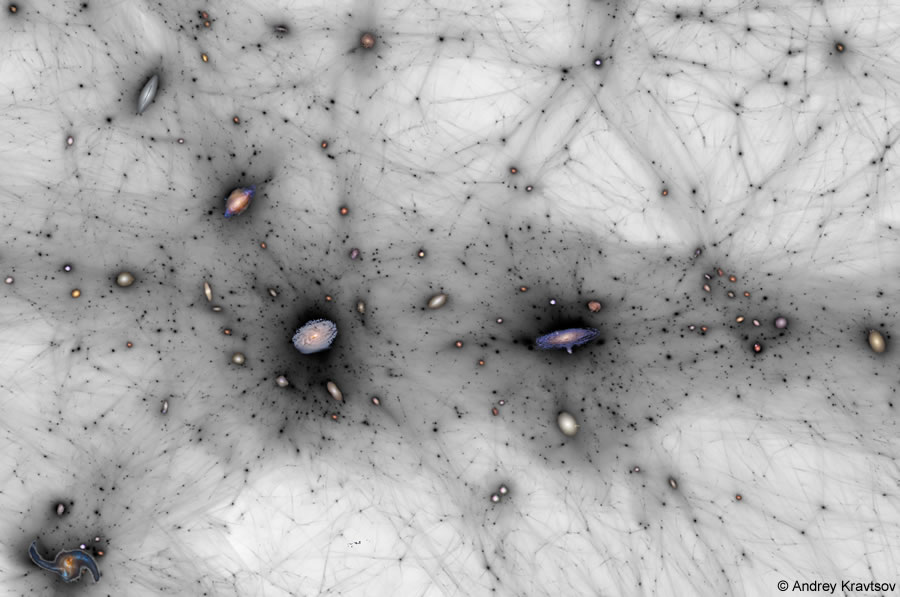MAGPI provides an in-depth resolved view of galaxy evolution
The Middle Ages Galaxy Properties with Integral Field Spectroscopy (MAGPI) survey is a large program on the European Southern Observatory Very Large Telescope, using the Multi Unit Spectroscopic Explorer (MUSE) to obtain spatially-resolved spectroscopy of stars and ionised gas for galaxies in a range of environments 3-4 Gyrs ago.
Our sample amounts to more than a hundred galaxies and will reveal the mechanisms responsible for the morpho-kinematic variety of today’s massive galaxies.

A MUSE large program
To reveal the evolutionary paths of galaxies in the last 4 billion years
Dynamics of galaxies
A key goal is to reveal how the dynamics of galaxies develops
Accretion and Feedback
MAGPI will reveal the role gas accretion and outflows play in the evolution of galaxies
Environmental effects
MAGPI will reveal the role environment played in the transformation of galaxies
Science with magpi
We use adaptive optics-aided MUSE observations to achieve a spatial resolution similar to what is obtained in the local Universe with IFU surveys such as SAMI but pushing out to the distant Universe, 4 billion years ago. The examples here show the quality of data we expect to get for stellar kinematics (top) and nebular emission lines (bottom).
Goals
Join the team
New members can join the team either as full or associate members. In either case new members need to be proposed by a current full team member and need to propose a specific science project they intent to focus on. In the case of a full team member, the proposal should also outline the expected contribution to the overall survey. Requests for membership should be forwarded to the team leaders (lead-team .at. magpisurvey.org)








